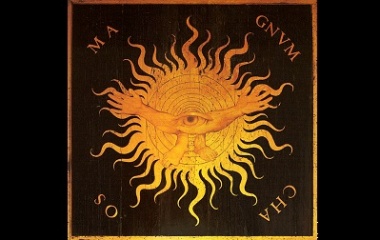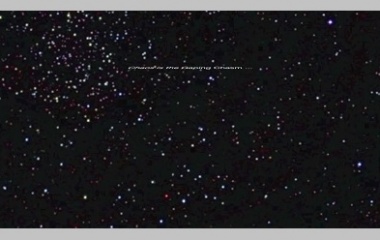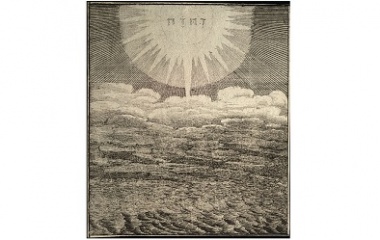Whether the universe was created from a rainbow serpent, the blood of the moon, descending into the murky depths of the ocean, from clouds or out of a void, the resultant life it created is something that cannot be refuted.
What Is Chaos?
In Greek Mythology, Chaos was the beginning of all things. The word means chasm, emptiness, and vast void in Greek. In the creation myths, it is the primordial or formless state or the gap created by the separation of heaven and earth. The deities Chaos, Gaea, Tartarus and Eros were said to emerge from Chaos. Also known as Khaos, it is viewed as the lower atmosphere surrounding earth in certain sources.
Origin
The Orphic Hymns of approximately the 2nd century AD first introduced the term. Orpheus suggested the universe was compressed into a giant Cosmic Egg, which erupted and formed the gods, as well Phanes, the primordial god, and Ouranos, the son of Nyx (night). In Orphic cosmogony, the ageraos (never aging) and Chronos (time) first emerged, followed by the creation of Aether (air) and Chaos. Chronos and Aether then created the Cosmic Egg. In the 6th Orphic hymn, Chaos contracts into the Cosmic Egg. The concept of a Cosmic Egg appears in the creation myths of various religions, including Hinduism, Finnish legends and even in Dogon (a primitive tribe from Mali) mythology.
Hesiod’s Theogony introduces the concept as a formless, moving mass and the origin of the gods and the cosmos. The concept is mentioned in the bible, too, in the book of Genesis. The spirit of God was said to move across the universe when it was in a state of watery disorder. The Roman poet, Ovid, was responsible for the more modern understanding of the word. He viewed Chaos as the disorganized mass the universe was in, before creation.
In Greek Philosophy
Greek philosophers generally believed the void, though abstract, still possessed cosmological characteristics. They made no mention of any personal gods who were responsible for creating the universe, but focused rather on the sequence of events which happened through their own impetus. Hesiod’s view suggested it was not a definite thing and could represent formless matter and infinite space. The cosmos grew from a beginning, he postulated. Anaximander, a Greek Philosopher (610 – 546 BC), claimed the origin was apeiron, meaning unlimited or infinite. He believed it to be a perpetual substance from which everything originated and will return. Following Anaximander, Heraclitus viewed primal chaos or continual change as the true basis of reality.
In Alchemy
Blessed Raimundus Lullus identified the concept in alchemy as the matter created by god or primal form. Swiss alchemist, philosopher and occultist, Paracelsus, identified earth with Chaos. In 1708, a treatise on Alchemy was published called chaos, which supported the idea of the universe coming from a primal void.
In Kabbala
According to primordial theory in Kabbala, there are five worlds. Sources cite the sefirot of Tohu or attributes of chaos as bringing about diversity in these worlds. They exist outside of the five worlds, though, as they are an unstable, shattered plane of reality. The sefirot of Tohu are independent of each other and therefore have no structure or order.
Chaoskampf
Chaoskampf is a ubiquitous legend of a hero in battle who fights against a chaos monster, usually in the form of a dragon or serpent. The myth allegedly refers to the battle between the powers of chaos and the creator god. When the deity triumphed over chaos, the result was an orderly world.
Modern Chaos
The modern scientific meaning of the term differs from the ancient Greek concept. It is a reference to systems which have parameters guided by numerous hidden laws which can easily change and are therefore difficult to describe. Scientist Ilya Prigogine was instrumental in the development of the theory of Chaos. He believed it could be included in the laws of nature and he disagreed with the view that it was completely non-predictable. Scientists no longer deal with the concepts of order and chaos but rather of superorder, where chaotic and random refer to everything that cannot be identified.
Who or what created life on earth will forever pique the curiosity of humanity. Were we created from nothing, by a god or gods, or did we perhaps journey to this planet from a faraway galaxy, recreate Chaos and begin the cycle again?










